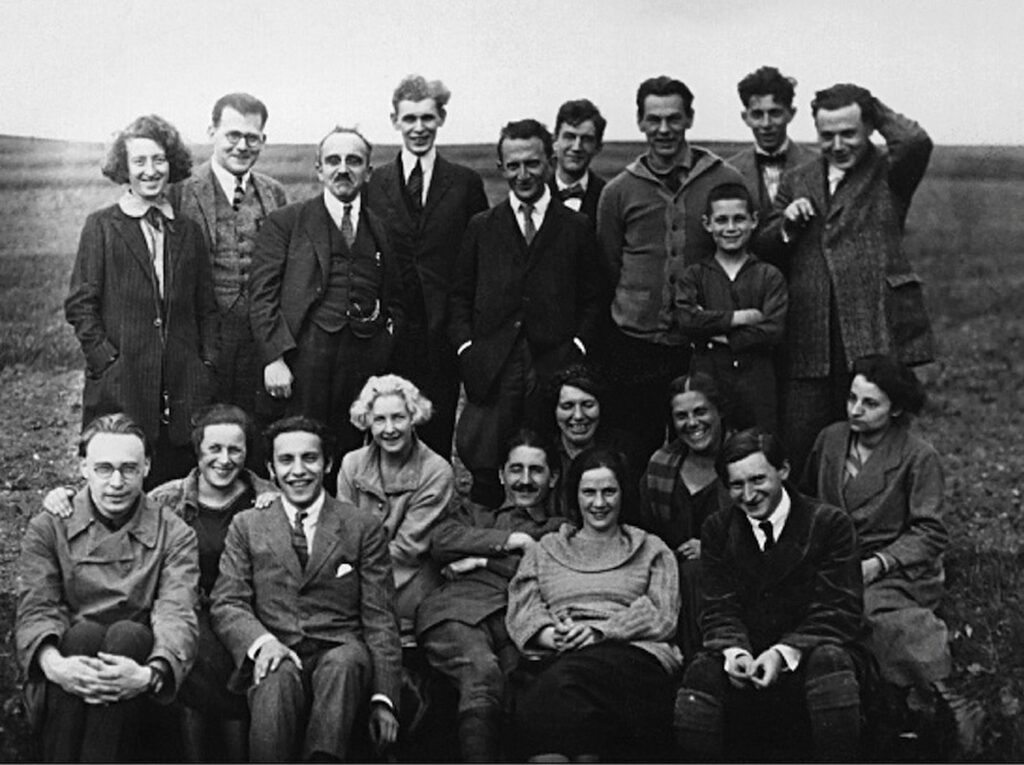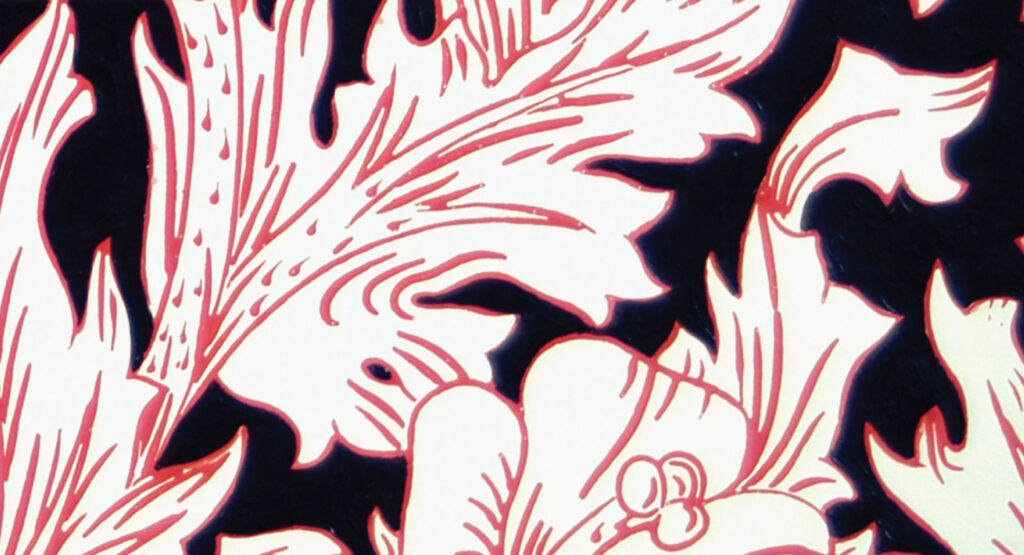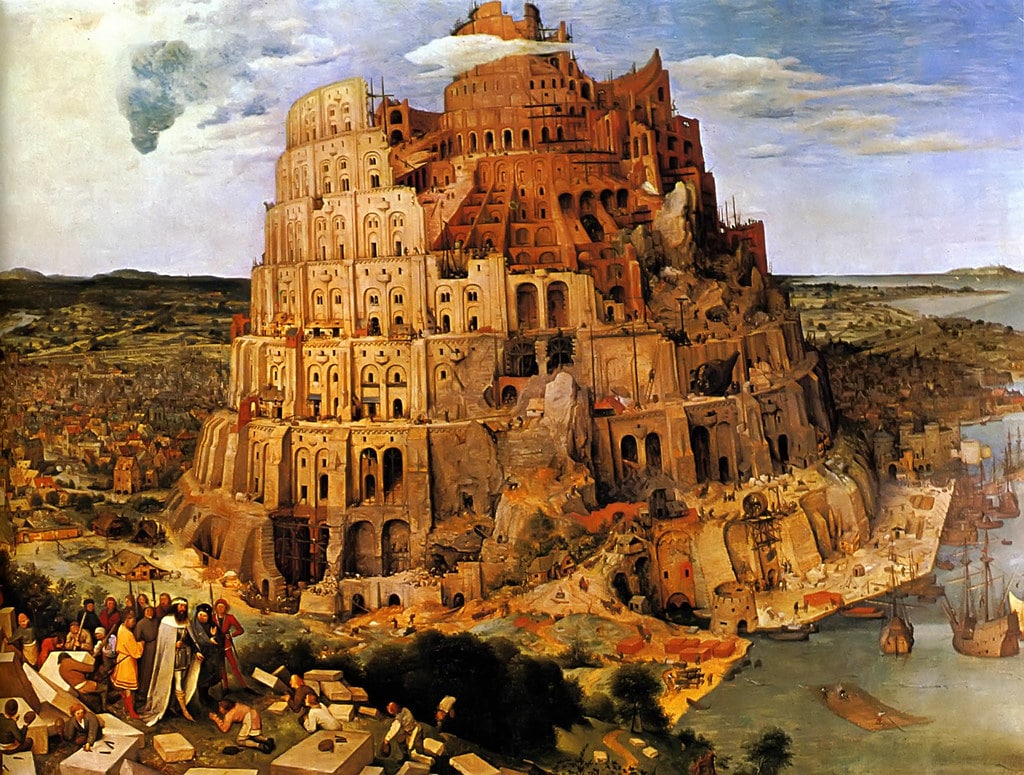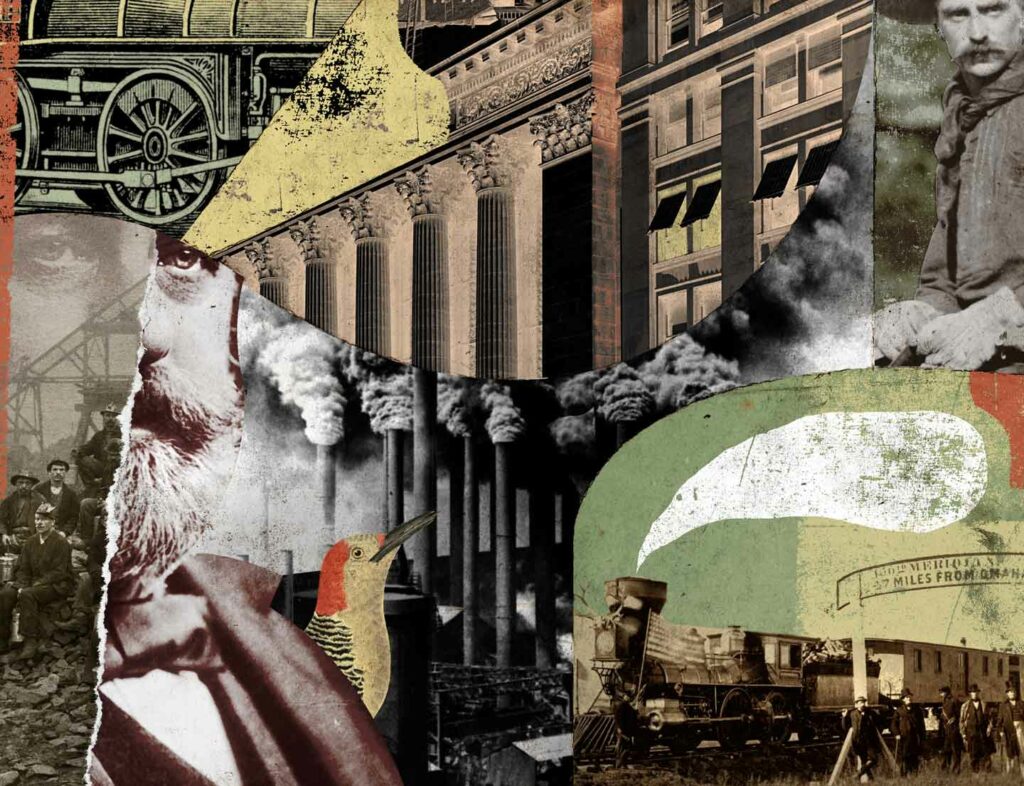Tag: Marxist Theory

The Limits of White Skin Privilege
Michael Goldfield reflects on his time in the Sojourner Truth Organization to develop a critique of Noel Ignatiev’s theory of white skin privilege.

Working Alone
Douglas Young asks how a twenty-first century labor movement can develop the bonds required for robust anticapitalist organization in the face of reduced socialization while working?

The Future of the Resistance Committees in Sudan
Three Sudanese leftists reflect on the state of the Resistance Committees that formed in the 2018 revolution.

Weimar’s Marxist Heretic
Karl Korsch stood out as one of the most original revolutionary Marxists of Weimar Berlin’s leftist intelligentsia

What Was Chinese Trotskyism?
Taking Wang Fanxi’s analysis of Chinese Trotskyism as his point of departure, Promise Li argues that recovering dissident Marxisms is essential for the contemporary project of challenging bureaucratic cooptation of working-class struggles.

What Happened to the “Dirty Break”?
Charles Post puts the DSA’s current strategy in the context of the formation of independent worker’s parties in the United Kingdom and United States in the twentieth century.

Decolonization without National Sovereignty
Nandita Sharma responds to Neil Braganza’s review of her book Home Rule: National Sovereignty and the Separation of Natives and Migrants

Critical Limits of the “New” History of Capitalism
James Parisot critically engages Jonathan Levy’s new history of American capitalism and interrogates the politics of the so-called “new history of capitalism”?

Rethinking Japan’s Red Years
Gavin Walker discusses the history and state of Marxist theory in Japan from the early twentieth century to the present day.

What Is the Meaning of Revolution Today?
Spectre editor David McNally confronts the new reformism, calling for radical honesty as we assess the meaning of revolution today.
